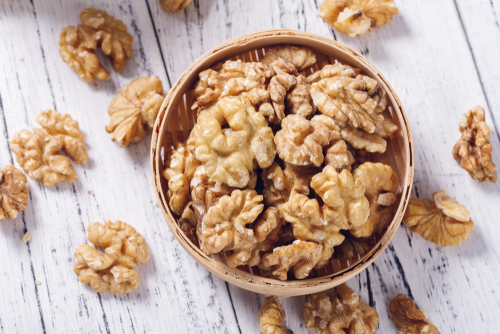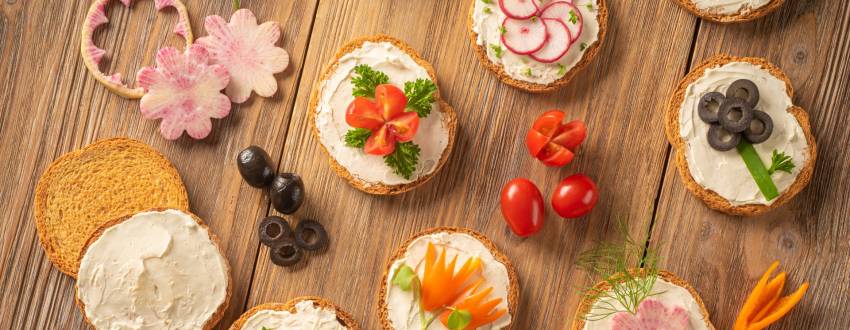Shailah of the Week by Rabbi Zvi Nussbaum
Rabbinic Coordinator, Kosher Hotline Administrator for the Orthodox Union
Just like there is symbolism in the foods that we eat on Rosh Hashanah, so too, poskim write that there are symbolic reasons to avoid eating certain foods. The Kitzur Shulchan Aruch (129:9) writes that there is a minhag not to eat bitter or vinegary foods on Rosh Hashanah, but rather to eat sweet foods for a sweet year.

The Rema (Orach Chaim 583:2) writes that some are careful not to eat egozim (walnuts) on Rosh Hashanah. This is because the gematria (numerical value) of the Hebrew word egoz is the same as the numerical value for the word chait (sin). Additionally, nuts cause an increase in phlegm, which can disturb one’s prayers. Magen Avrohom (583:4) points out that according to this second reason, all nuts, even those that are not referred to as egoz, should be avoided. Mateh Efrayim (583:3) extends this minhag to include not eating beans. However, some poskim write that nuts that are ground up and mixed into a recipe do not pose a concern. Also, chickpeas do not present this problem and may be served.
It is written that the Vilna Gaon would not eat grapes on Rosh Hashanah. On Rosh Hashanah, Adam ate from the Tree of Knowledge, and according to some opinions the forbidden fruit eaten was the grape. However, others write that only sour grapes or black grapes should be avoided.





